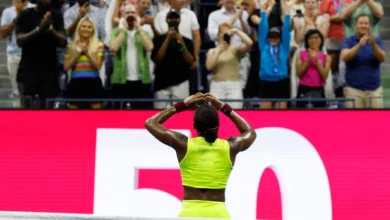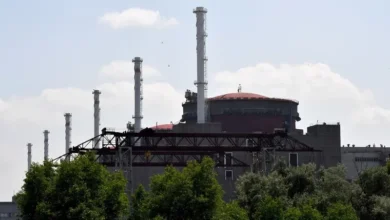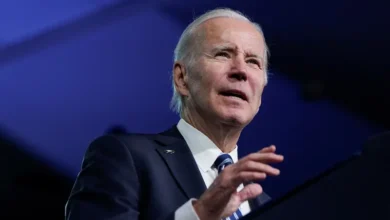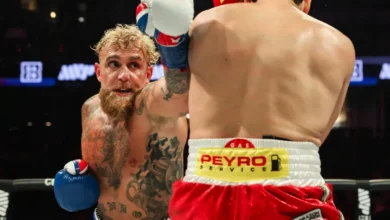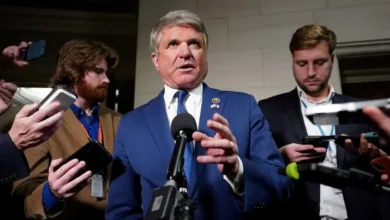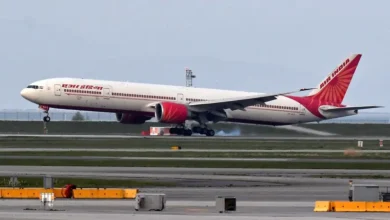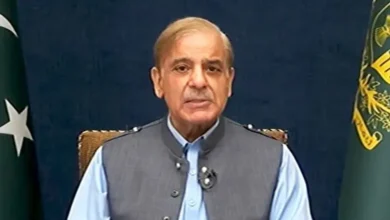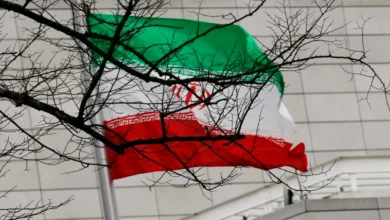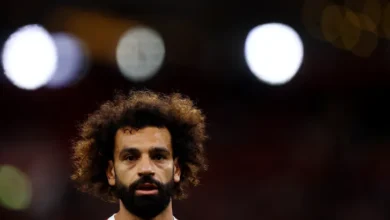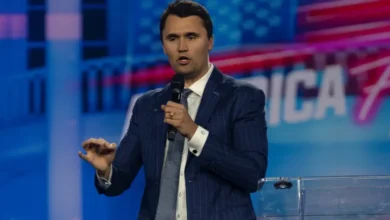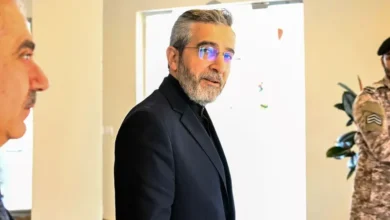What happened in the Kolkata rape case that triggered doctors’ protests?
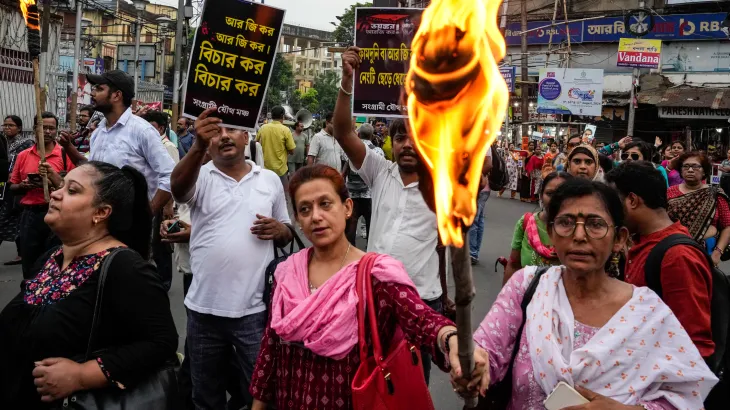
Activists and doctors across India continued to protest on Wednesday to demand justice for a female doctor, who was raped and murdered while on duty in a hospital in the eastern city of Kolkata.
Feminist groups rallied on the streets in protests titled “Reclaim the Night” in Kolkata overnight on Wednesday – on the eve of India’s independence day – in solidarity with the victim, demanding the principal of RG Kar Medical College resign. Some feminist protesters also marched well beyond Kolkata, including in the capital Delhi.
While the protests were largely peaceful, a small mob of men stormed the medical college and vandalised property. This group was dispersed by the police.
This comes after two days of nationwide protests by doctors following the incident at RG Kar Medical College in West Bengal’s capital city. “Sit-in demonstrations and agitation in the hospital campus will continue,” one of the protesting doctors, identified as Dr Mridul, told Al Jazeera.
Services in some medical centres were halted indefinitely, and marches and vigils shed light on issues of sexual violence, as well as doctors’ safety in the world’s most populous nation.
What happened to the doctor in Kolkata?
A 31-year-old trainee doctor’s dead body, bearing multiple injuries, was found on August 9 in a government teaching hospital in Kolkata.
The parents of the victim were initially told “by hospital authorities that their daughter had committed suicide,” lawyer and women’s rights activist Vrinda Grover told Al Jazeera. But an autopsy confirmed that the victim was raped and killed.
Grover has appeared for victims in sexual violence cases in India in the past, including Bilkis Bano, a Muslim woman who was gang-raped during the 2002 Gujarat riots, and Soni Sori, a tribal activist based in Chhattisgarh state.
Thousands of doctors marched in Kolkata on Monday, demanding better security measures and justice for the victim.
On Tuesday, the Kolkata High Court transferred the case to the Central Bureau of Investigation (CBI).The Federation of Resident Doctors Association (FORDA) called for a nationwide halting of elective services in hospitals starting on Monday. Elective services are medical treatments that can be deferred or are not deemed medically necessary.
Why are some Indian doctors continuing to protest?
However, other doctors’ federations and hospitals have said they will not back down on the strike until a concrete solution is found, including a central law to curb attacks on doctors.
Those continuing to strike included the Federation of All India Medical Associations (FAIMA), Delhi-based All India Institute Of Medical Sciences (AIIMS) and Indira Gandhi Hospital, local media reported.
Ragunandan Dixit, the general secretary of the AIIMS Resident Doctors’ Association, said that the indefinite strike will continue until their demands are met, including a written guarantee of the implementation of the Central Protection Act.
Medical professionals in India want a central law that makes violence against doctors a non-bailable, punishable offence, in hopes that it deters such violent crimes against doctors in the future.
Those continuing to protest also call for the dismissal of the principal of the college, who was transferred. “We’re demanding his termination, not just transfer,” Dr Abdul Waqim Khan, a protesting doctor told ANI news agency. “We’re also demanding a death penalty for the criminal,” he added.
“Calling off the strike now would mean that female resident doctors might never receive justice,” Dr Dhruv Chauhan, member of the National Council of the Indian Medical Association’s Junior Doctors’ Network told local news agency Press Trust of India (PTI).
Which states in India saw doctors’ protests?
While the protests started in West Bengal’s Kolkata on Monday, they spread across the country on Tuesday.
The capital New Delhi, union territory Chandigarh, Uttar Pradesh capital Lucknow and city Prayagraj, Bihar capital Patna and southern state Goa also saw doctors’ protests.
